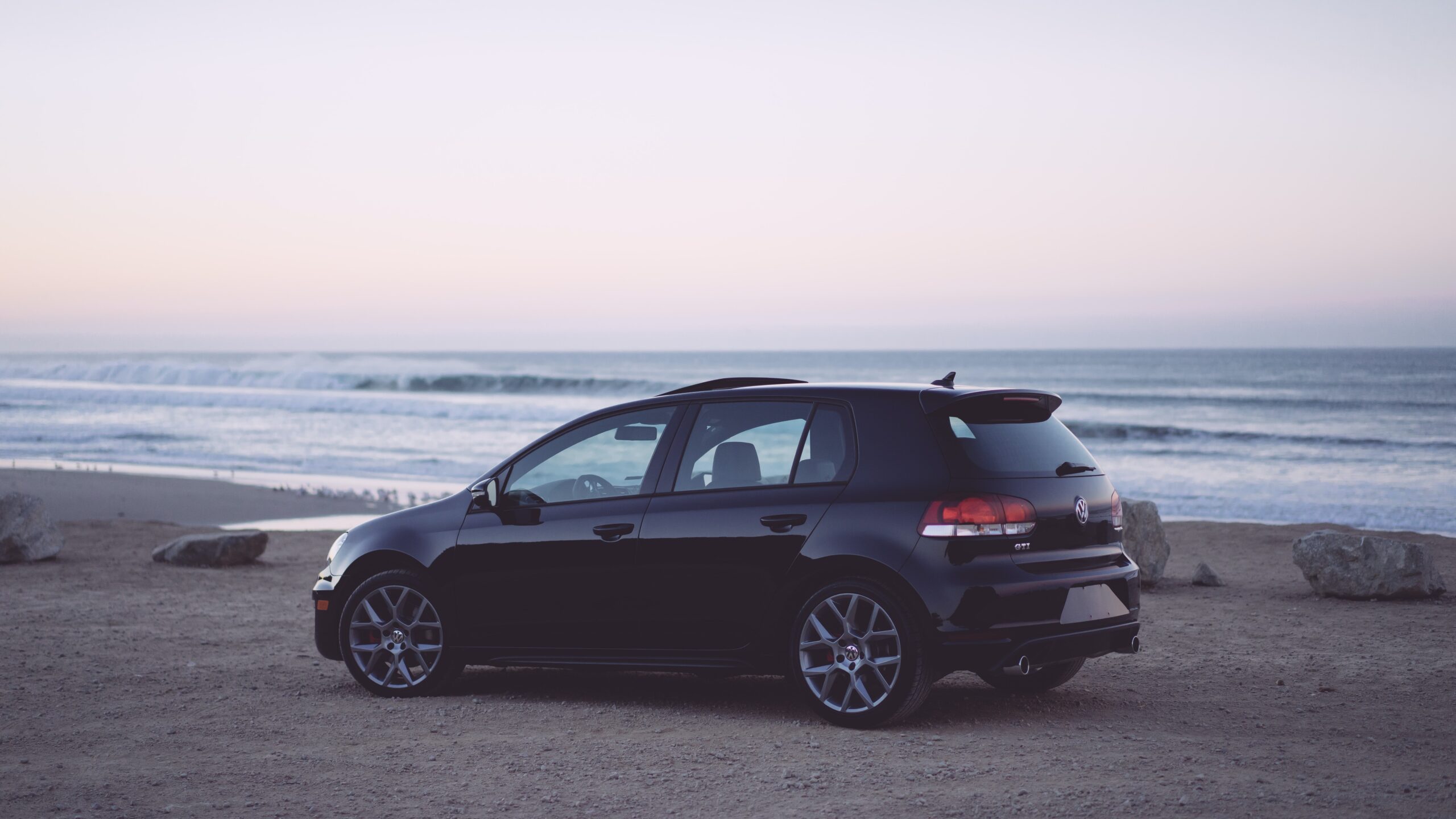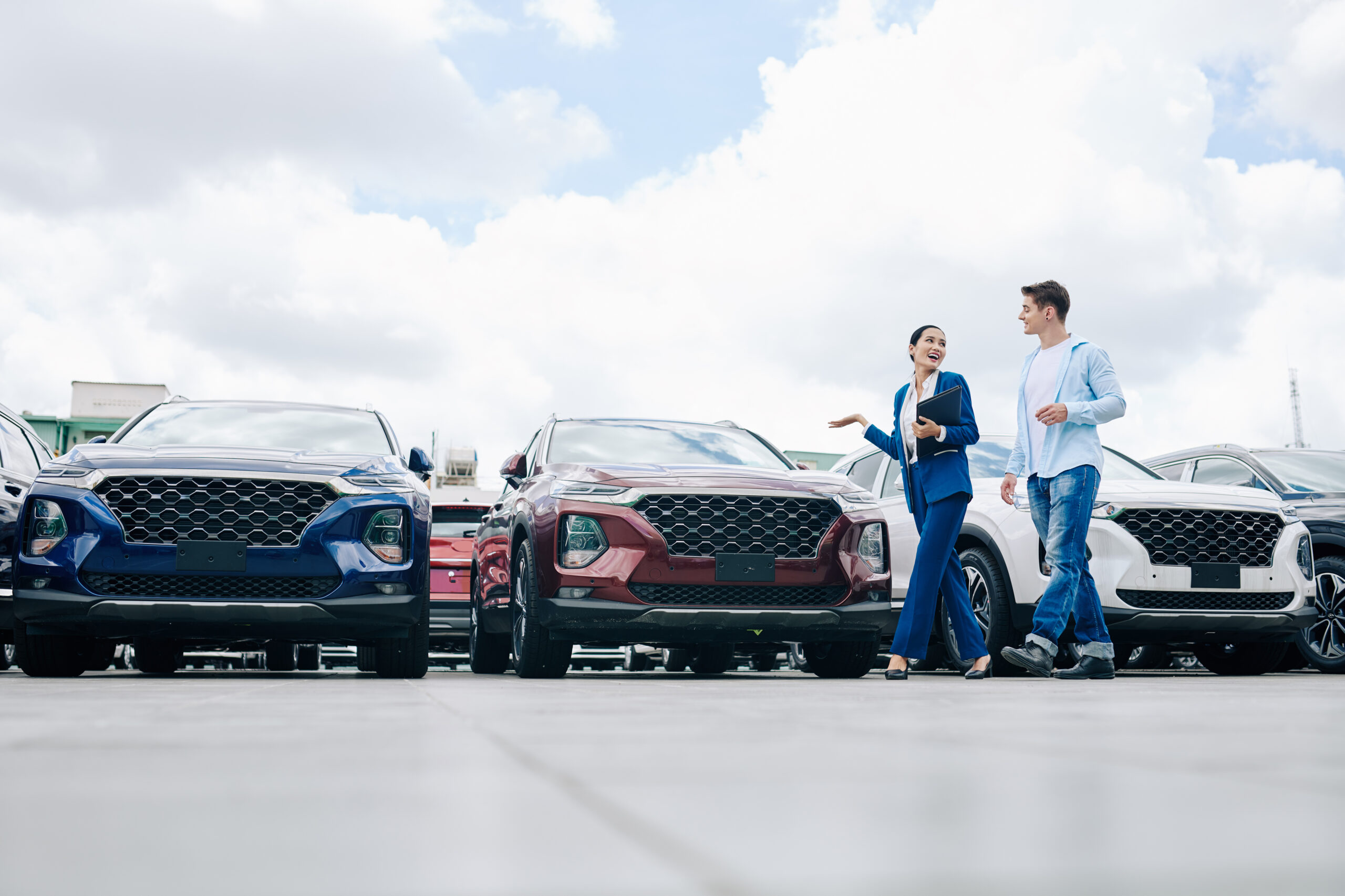Looking to buy a used car? Experts say ask these 5 questions first
Aditi Shrikant @ADITI_SHRIKANT
Nathan Clarke went from working a minimum wage job to having a net worth of $100,000 in less than 10 years. One way he saves money is by buying used cars — and always paying for them in cash. In the nine years since he turned 18, he has bought three used cars, two of which he still drives. And he’s never spent more than $9,600 on a vehicle.
One of the best deals Clarke has ever gotten on a car was in 2013, when he paid $3,200 for a 2001 Toyota Celica with 160,000 miles on it. “My sister is still driving the car today and it has almost 300,000 miles on it,” he says. “It never put me on the side of the road and all I ever did to it was regular maintenance.”
Buying a pre-owned car can be a great way to save money, especially as the pandemic continues and more Americans are purchasing vehicles to travel. In June, used car sales increased 22% over what they were at the same time last year, according to Edmunds, an auto industry analyst site. If you’re shopping for one, here’s what experts say you need to know.
Where can I buy a used car?
Independent dealers like AutoMaxx and Carvana are good places to start, says David Bennett, manager of repair systems at AAA, just to see. They’ll show you a wide variety of vehicles and price points. Plus, he says, “don’t forget your fellow consumers.”
“One-third of vehicles sales are direct consumer to consumer,” he says. Look around your neighborhood, he suggests, and on sites like Craigslist to see who is selling a car near you.
Does it need to be certified pre-owned?
When a vehicle is certified pre-owned, or CPO, it is guaranteed by the manufacturer to be inspected and refurbished up to the manufacturer’s standards. A CPO vehicle is also typically more expensive than a vehicle that is not.
However, whether a car is certified pre-owned “does not matter,” Bennettt says.
“It just gives you peace of mind, especially with the warranty associated with that vehicle,” he says. But you can buy your own warranty that will cover any defects and breakdowns that are caused by the vehicle’s design: “You can purchase extended warranties on your own just for that peace of mind and that protection.”
How much should I spend on a used car?
The price of used cars varies greatly, and prices are actually on the higher side right now because demand during the pandemic has increased. The average price of a used car during July was $21,558, according to Edmunds, an auto industry analyst site. This is up $708 from just one month before.
Plus, new cars are scarce. “The inventory for newer vehicles is lower than normal,” Bennett says, due to lower production during the pandemic.
Before you look at any car, you should decide how much you are willing and able to spend. A good way to see what you can afford is to shop around for financing and get pre-approved, Bennett suggests. You can do this at your bank or local credit union. For example, if your budget for a used car is $15,000 and you’ll make a 20% down payment, Wells Fargo has a monthly payment of $236 per month, while Capital One has $244, according to September 2020 data from WalletHub.
“By doing that, you already have that baseline of a percentage rate you are going to spend on your loan,” he says. This will help you target a price point. After you take this step, you can start your search.
What steps do I need to take to ensure my used car is safe to drive?
There are three things every used-car shopper must do, says Emilie Voss, spokesperson at Carfax:
- Check the vehicle history. This will let you know how many people have owned the car in the past, how many accidents it’s been in, or if there are any open recalls on it. When a car has an open recall, that means it has an issue that hasn’t been addressed; if you buy a car with an open recall, you will have to address the issue yourself. “It can be anything,” Voss says. “It could be airbags or engine fires, but it could also be something minor that might not be as big of a safety issue. If you take it to a dealership, they will fix it for free.”
- Get an independent inspection. Pick a mechanic you trust. An inspection will cost between $50 and $100, Voss says, but it is worth it. “A vehicle that has been in an accident isn’t necessarily a bad buy,” Voss says. But you want to make sure it is safe to drive. “An inspection will help them be able to tell you if the repairs were made properly.”
- Take it for a test drive. “Test drive it on the route you usually drive,” Bennett says. “So if you do a lot of highway driving, make sure you take your test drive on the highway.”
What is the most common mistake people make when buying a used car?
“It’s important to look past look, make, and model,” Voss says. “Look at the specific vehicle. Every 2018 Ford Explorer is not worth the same amount. Two vehicles can be driven off the same lot in the same day and could have very different values [years later].”
This is where the value of knowing your vehicle’s history comes in: Details like the number of owners, miles driven, and accident history all affect the value of the car.
And remember, don’t get caught up in flashy features, Bennett says. “A lot of people like sunroofs, but how many people actually use the sunroof all the time?”
By researching the specific vehicle you want to buy and ensuring its featuresalign with your needs and budget, you can save money while car shopping.


